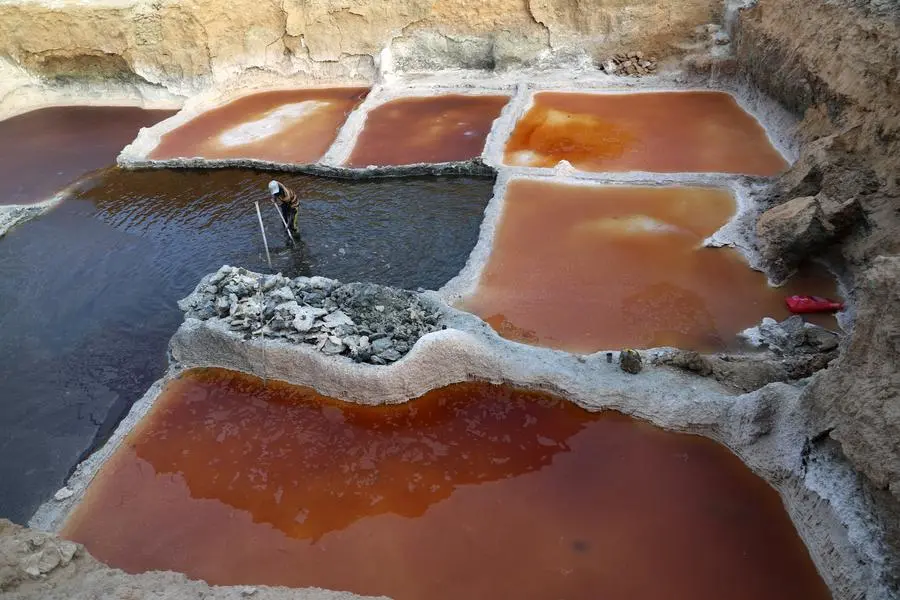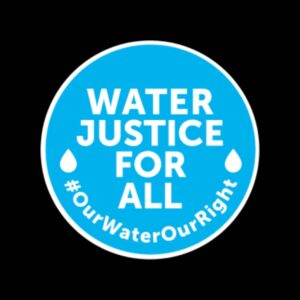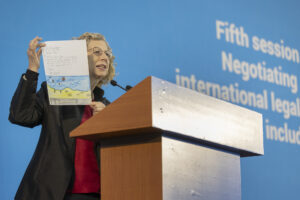
The Water Convention has facilitated the First round of Technical & Planning Negotiations of the Draft ‘Agreement on the Establishment of the Luapula River and Lake Mweru Authority between the Democratic Republic of Congo (DRC) and Zambia on 18 and 19 April, concerning the transboundary Lake Mweru and Luapula River, a tributary of the Congo River, shared by both countries.
During both days, the two Parties exchanged views and agreed on the language, content, scope and objectives of the proposed draft agreement, as well as a road map to complete the negotiation. The two Parties hailed the outcome of the meeting and resolved to expedite the process of concluding the negotiations on the proposed Draft Bilateral Agreement, which aims to increase the level of cooperation between Zambia and DRC.
To support the process, the negotiation meeting was preceded by a capacity-building training on the use of the “Practical Guide for the Development of Agreements or Other Arrangements for Transboundary Water Cooperation” with inter-ministerial delegations from DRC and Zambia on 17th April 2024. The Secretariat and other senior experts, including Members of the Water Convention’s Implementation Committee, provided concrete examples from existing agreements, many of which are contained in the Practical Guide, for consideration by the countries.
Completing the series of back-to-back meetings in Livingstone, the Water Convention used this opportunity of being together in Zambia for the Workshop on Water Allocation, WEFE Nexus and Developing Agreements on 15-16 April to organize separate parallel meetings for two Twinning Initiatives on 17 April. In May 2023, Namibia and Finland launched a Twinning Initiative under the Convention which includes a focus on transboundary water allocation, hydro-diplomacy and monitoring and assessment.
In December 2023, Zambia, Ghana and Hungary embarked on a Convention Twinning Initiative that also involves transboundary water allocation, and hydro-diplomacy among its technical areas of cooperation. In Livingstone, delegations from each of the countries involved met to continue exchanging experiences and capacity on key topics in seeking solutions to pressing common challenges.
Funding for the Training and Negotiations was provided by the European Union and the Ministry of Water Development and Sanitation of Zambia. Northumbria University and University College Cork were partners in organizing and implementing the Training on the Practical Guide.








